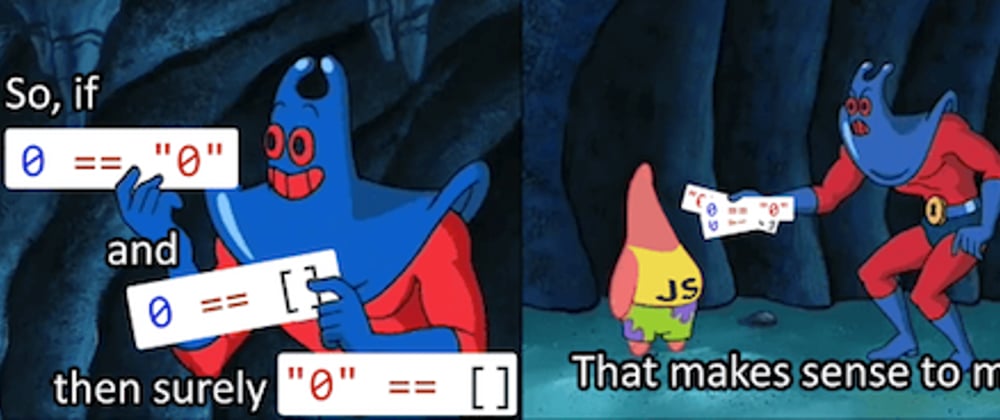Let us talk a little about switch statements!
Switch statements can replace multiple if statements. You can compare values against multiple variants in a not as clunky-looking way as if statements.
You don't want to burn yourself out doing this:

When you can do this instead:
let a = 2 + 2;
switch (a) {
case 3:
alert( 'Not enough.' );
case 4:
alert( 'Perfect!' );
case 5:
alert( 'No more, stop.' );
default:
alert( 'What even is this?' );
}
- The value of a is being checked for strict equality against each case. case 3 would fail because 2 + 2 isn't equal to 4.
- The switch statement will continue on until it hits a case that matches. Then it will execute the corresponding code until it hits a break or until the end of the switch.
- If zero cases match, then the default code is executed instead.
This feels comfortable, right?

But did you know you could use objects?
let thing = {
"abc": () => "meow",
"chonk": () => "very angry",
"littlecat": (how_many) => {
if(how_many > 5) { return "MEGAMEOW" }
else { return `${how_many}x meow/scream` }
},
};
This is an object.
This object is the same as this switch statement.
switch("littlecat") {
case "abc": () => "meow"
break;
case "chonk": () => "very angry"
break;
case "littlecat": (how_many) => {
if(how_many > 5) { return "MEGAMEOW" }
else { return `${how_many}x meow/scream` }
}
break;
}()
You can call one of the fields of this object like so.
thing.chonk()
Another way you can access it is by:
thing["chonk"]()
Calling thing["littlecat"](6) will return you "MEGAMEOW". If you change the input to 3, it will return "3x meow/scream"
This is how you can use an object like a switch statement!







Top comments (0)